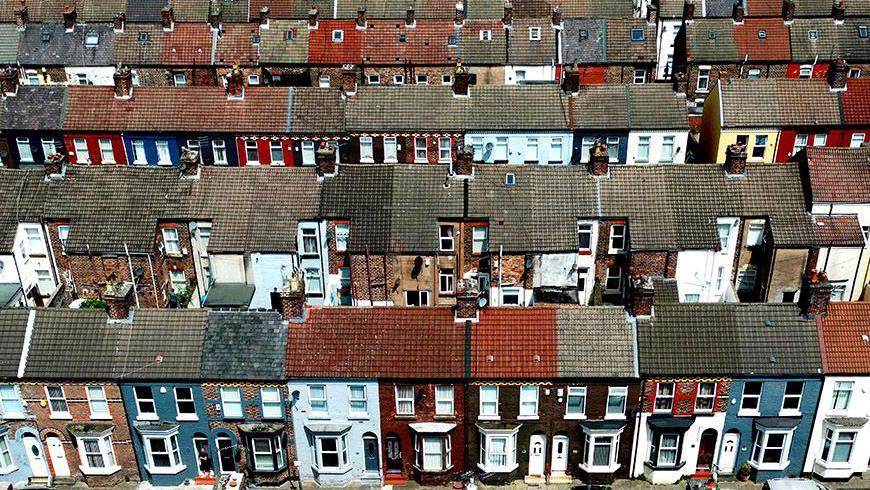Warning HMOs 'tear social fabric of society'
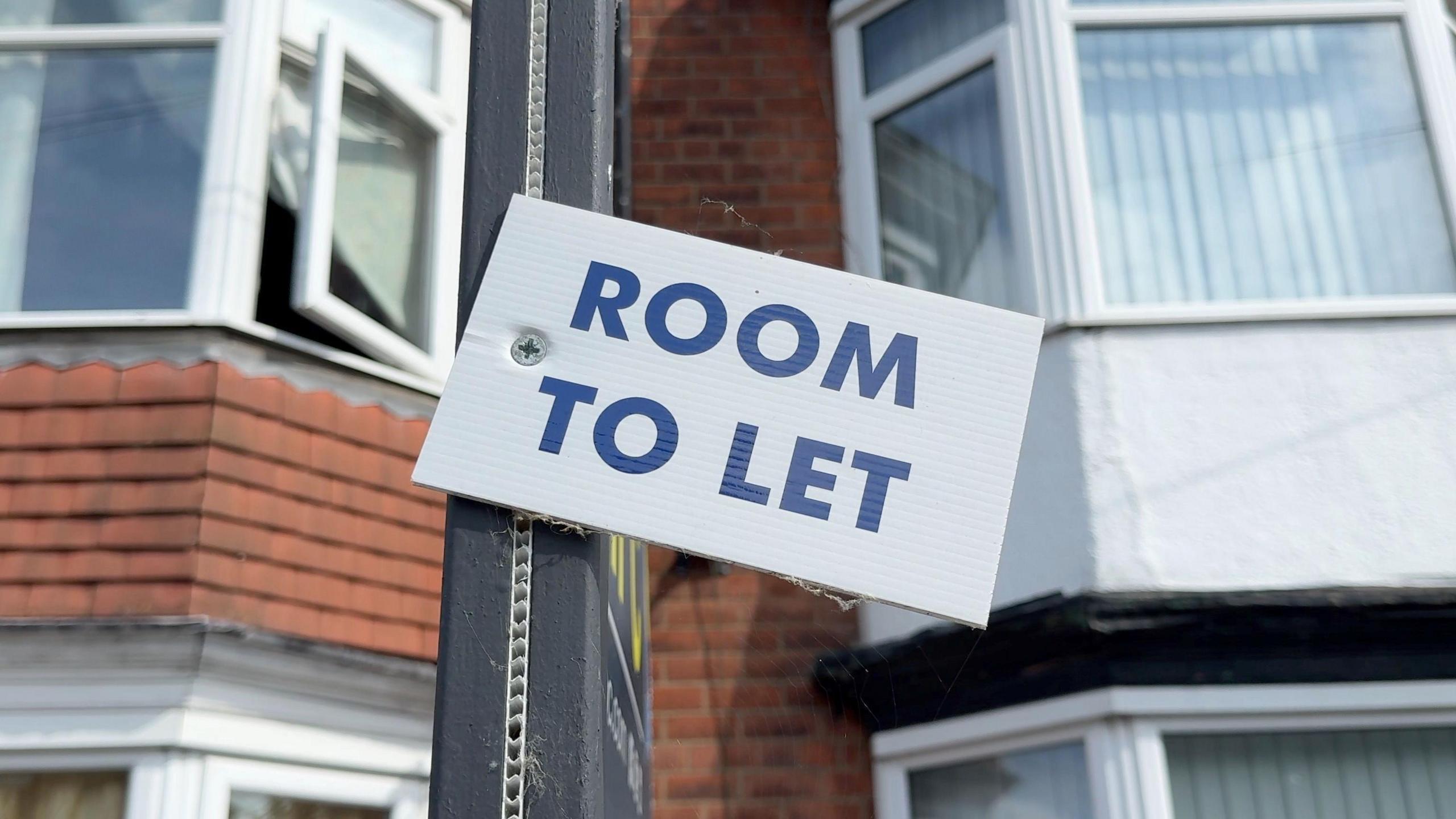
Councillor Paul Drake-Davis says up to half of the homes in some parts of Hull are houses of multiple occupation
- Published
A senior councillor warned houses of multiple occupation (HMOs) risk "tearing up the social fabric of streets and communities" in Hull.
Paul Drake-Davis, cabinet member with responsibility for housing at Hull City Council, said, in some parts of the city, up to half of homes are HMOs with people who are not related sharing accommodation.
He called for better regulation of landlords and said the HMOs were causing "too many horror stories".
However, letting agent and developer Jason Kay said there was a demand for more HMOs and the standard of affordable housing would improve if more developments were allowed.
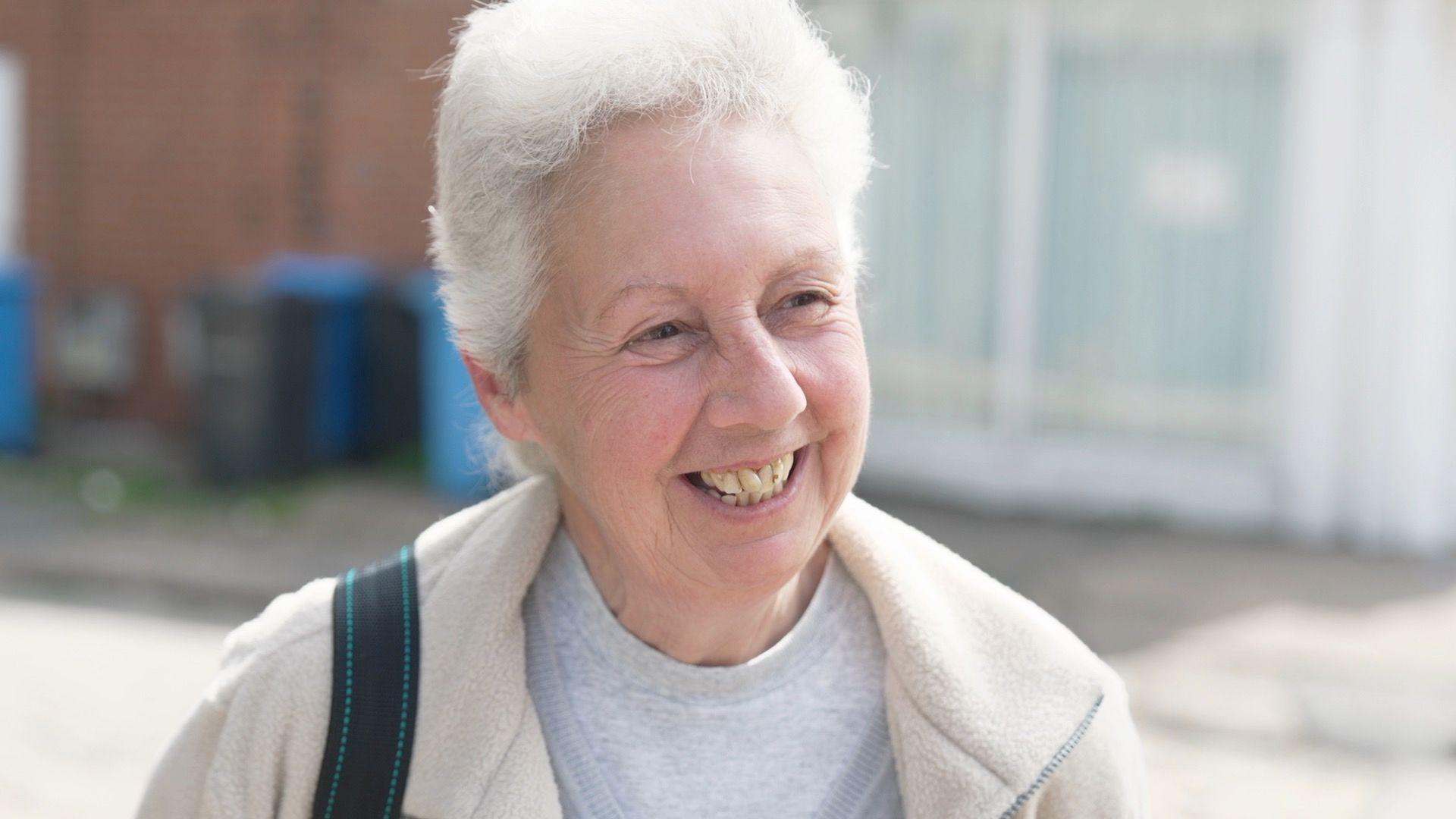
Sylvia Rawson says there has been anti-social behaviour near HMOs on her street
Sylvia Rawson, who lives just off Hull's Beverley Road, said a family used to live in the property next door, but it has since become an HMO.
"There's lots of fights and screaming of a night," she told BBC Look North.
"The police have been next door four times. And they come in twos as well. That's how bad it's got."
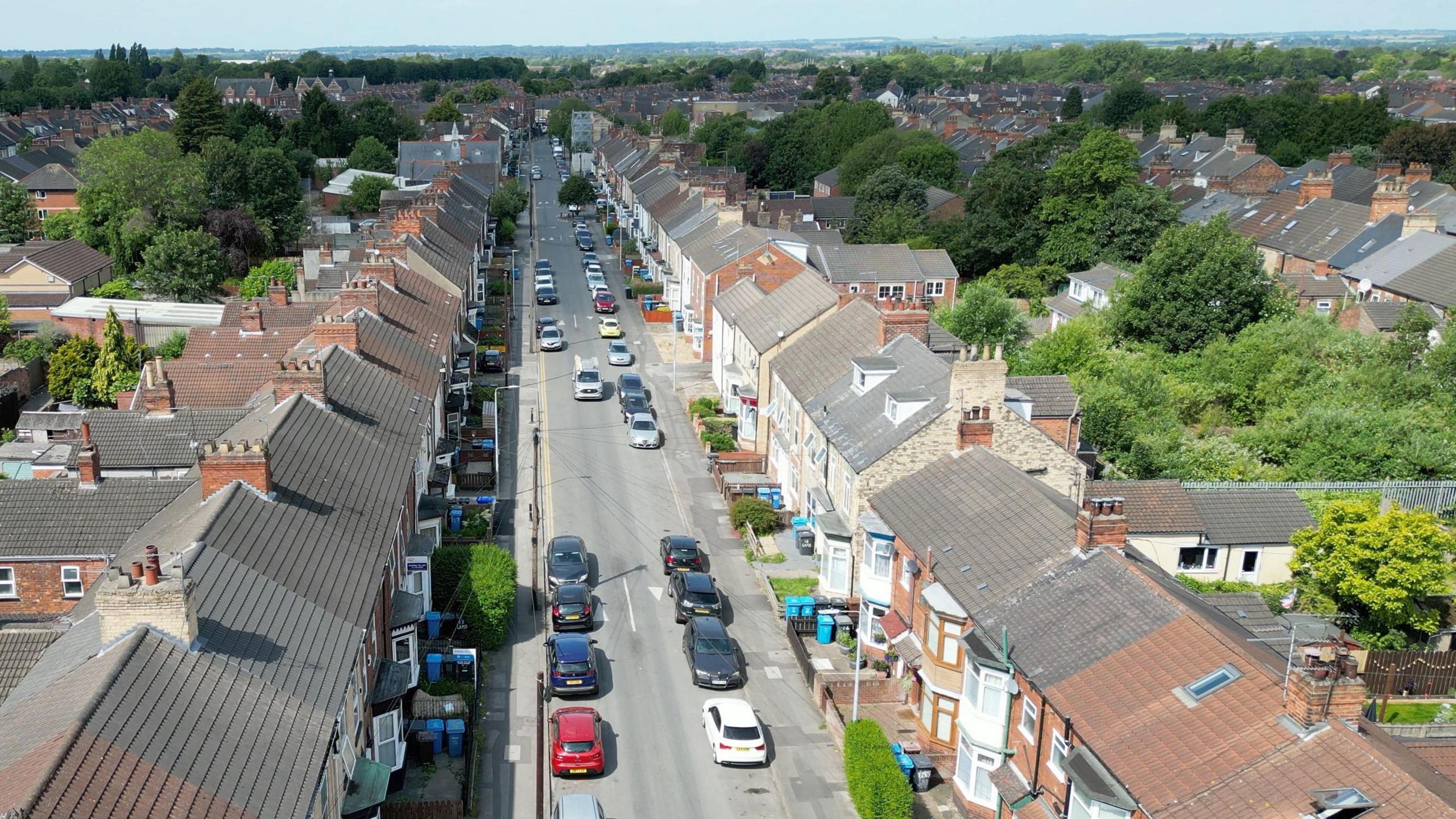
Lambert Street in Hull is one of the areas where there are many HMOs
Mattresses dumped outside terraced houses, long lines of bins and fly-tipping are not hard to find in parts of the city near where Ms Rawson lives.
Fellow resident Virgina Dobre said: "There's a big mess inside the houses, and a big mess everywhere. The people don't care."
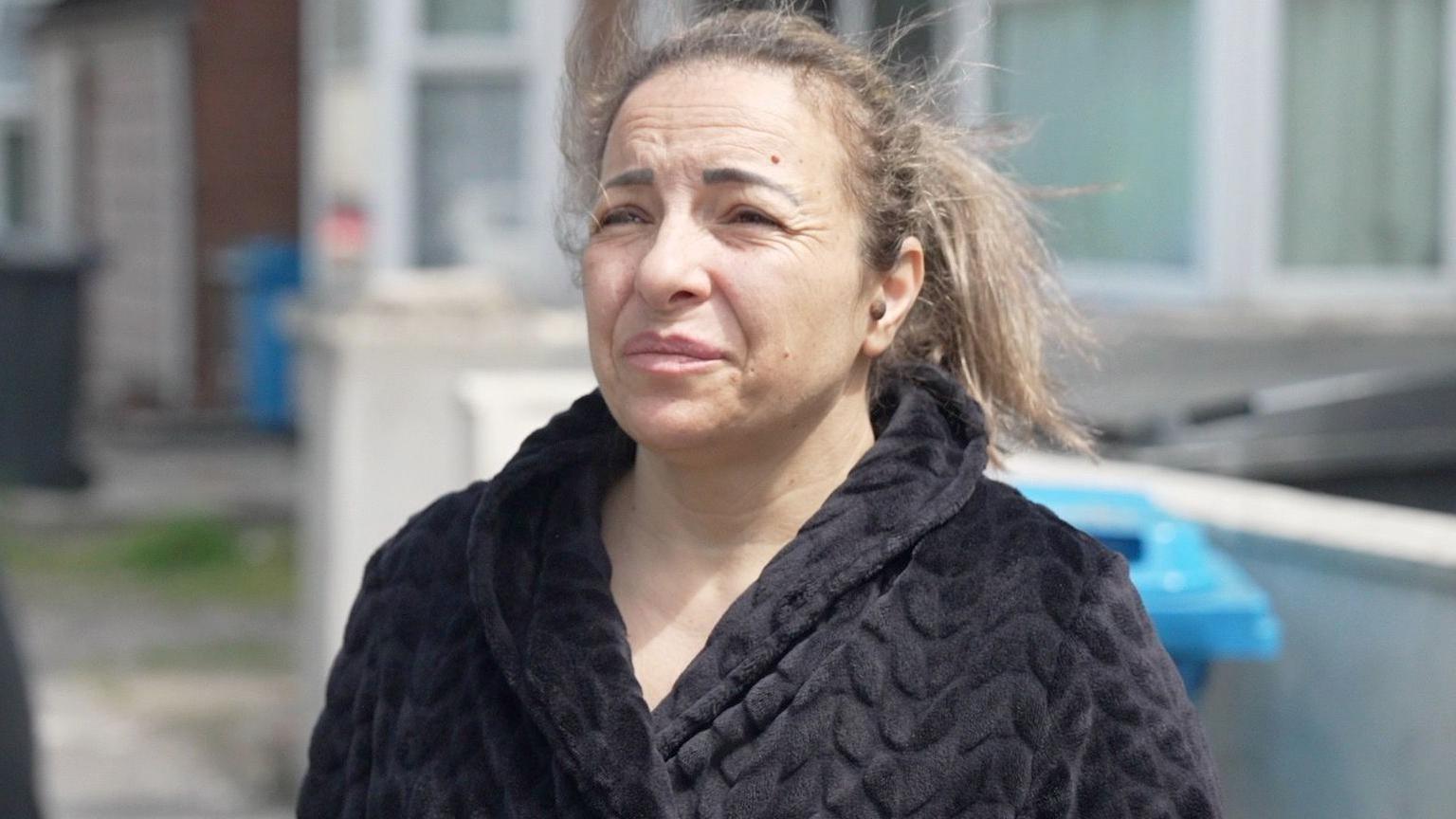
Virgina Dobre says people living HMOs "don't care"
Charlotte Marwood and her boyfriend live in an HMO in Hull and said they benefit from the low rental price which also includes bills.
"You get your bills included. Everything's all in. It keeps the cost down, and it's worth the price," Ms Marwood said.
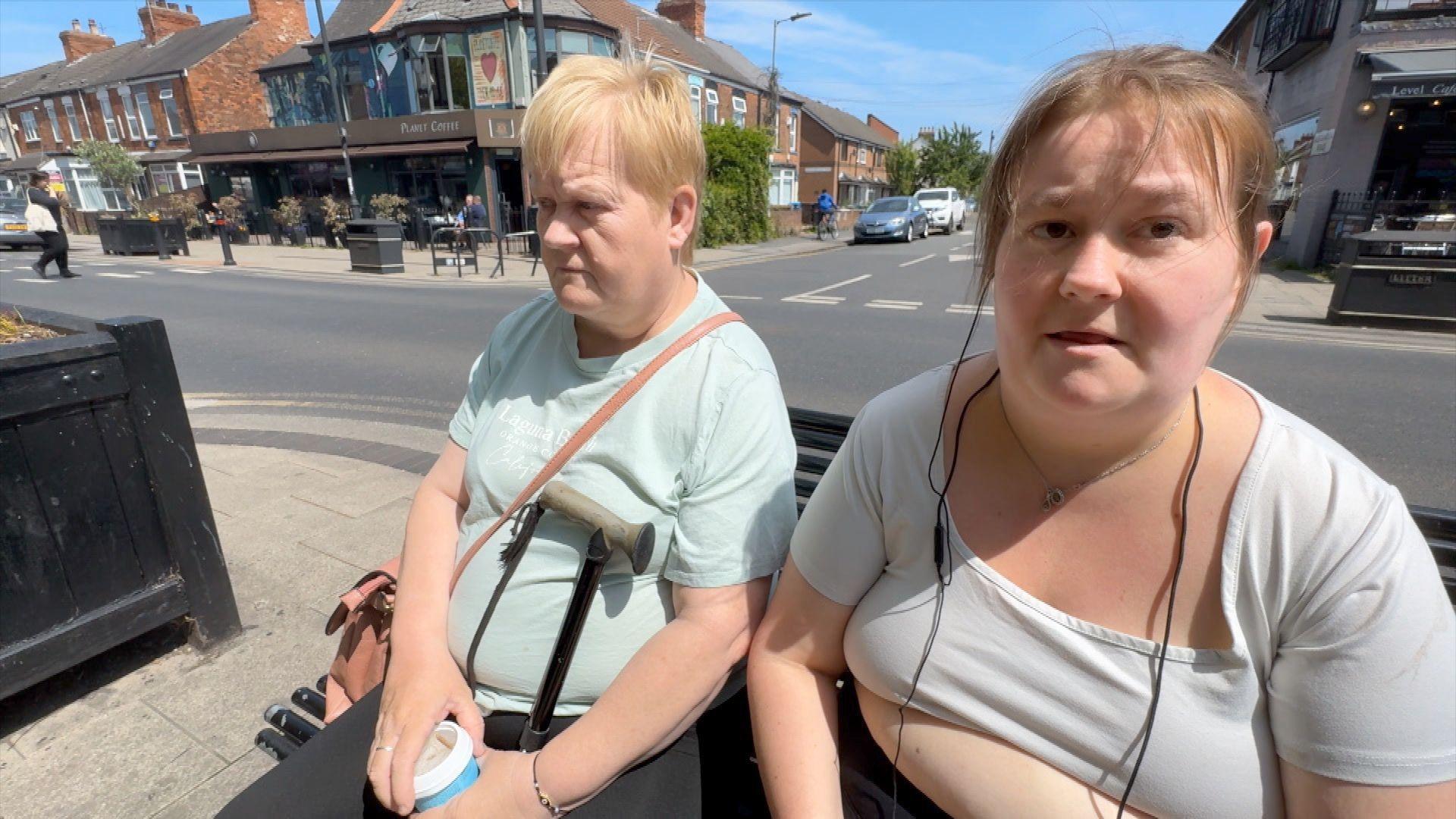
Charlotte Marwood (pictured with her mum) says one of the benefits of HMOs is a low rent
According to Hull City Council, there are approximately 2,000 properties which could be defined as houses of mulitple occupancy in Hull.
One thousand of those are occupied by five or more people and are subject to mandatory licensing, and another 1,000 are occupied by three or four people.
In addition, there are 1,550 buildings which have been converted into self-contained flats.
These contain two or more flats and are potentially occupied by three or more people, which means they also meet the definition of an HMO under legislation.
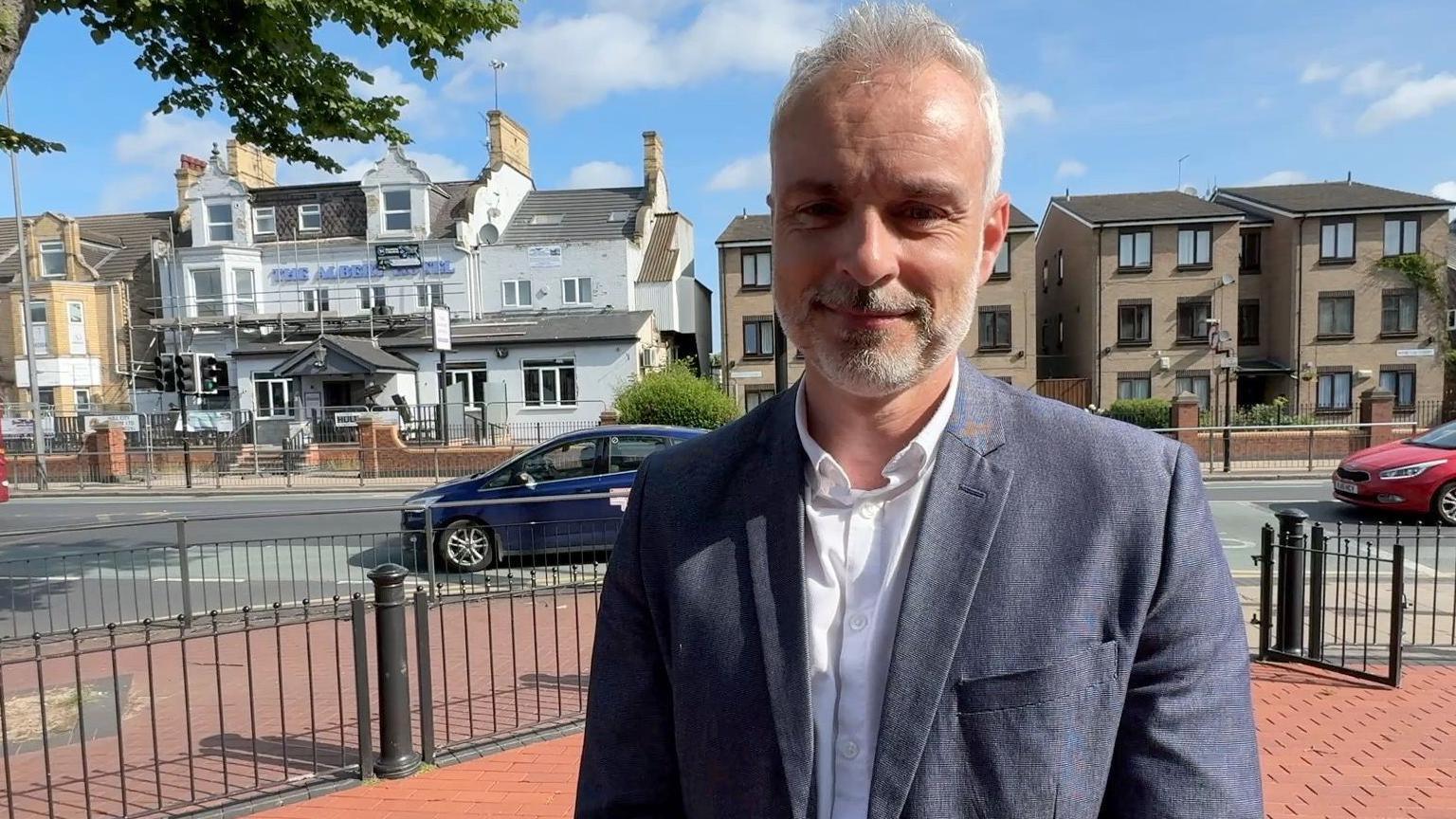
Councillor Paul Drake-Davis is responsible for housing and regeneration in Hull
Like other authorities, Hull City Council regulates areas, external where planning permission is required before an HMO can be approved.
However, the National Residential Landlords Association (NRLA, external) has warned over-regulation, high interest rates, inconsistent licensing regulations and unfavourable tax policies are affecting the rental market.
New legislation introduced in 2018, external means all HMOs housing five or more people from two or more separate households must be licensed by the local authority.
Landlords are required to agree to a series of conditions, as well as having their properties inspected and certified.

Property developer Jason Kay says allowing HMOs would lead to better standards of accommodation
"We're living in a society where people need this level of housing," Mr Kay said.
"We've still got all the lower standard [housing] stock because people can't build new HMOs. They are restricted by the council."
Mr Kay said he had recently completed developing a 24-bed property on Anlaby Road, and would soon start another 32 bed development on Beverley Road.
Listen to highlights from Hull and East Yorkshire on BBC Sounds, watch the latest episode of Look North or tell us about a story you think we should be covering here, external.
Related topics
- Published10 September 2024
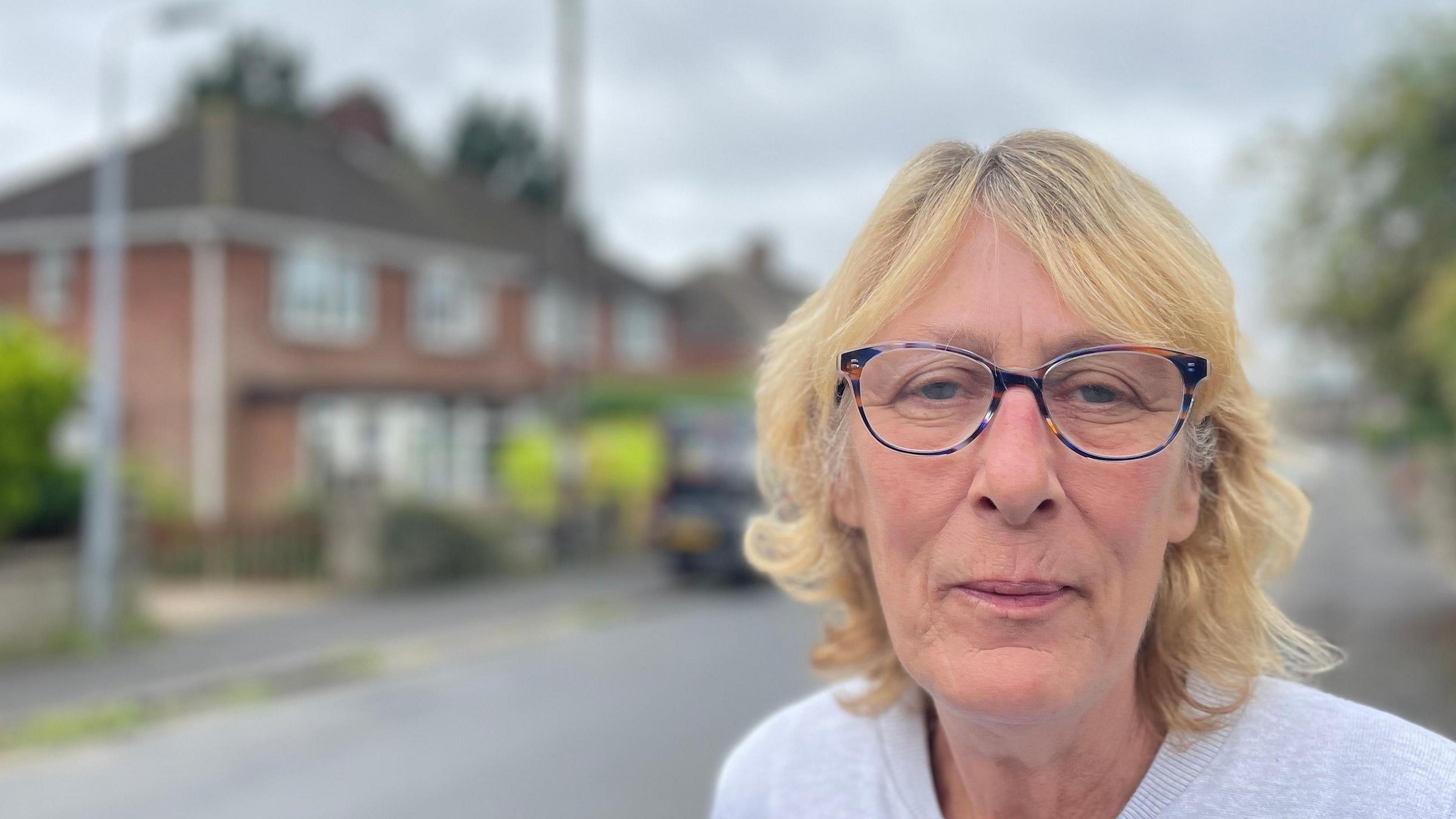
- Published19 March
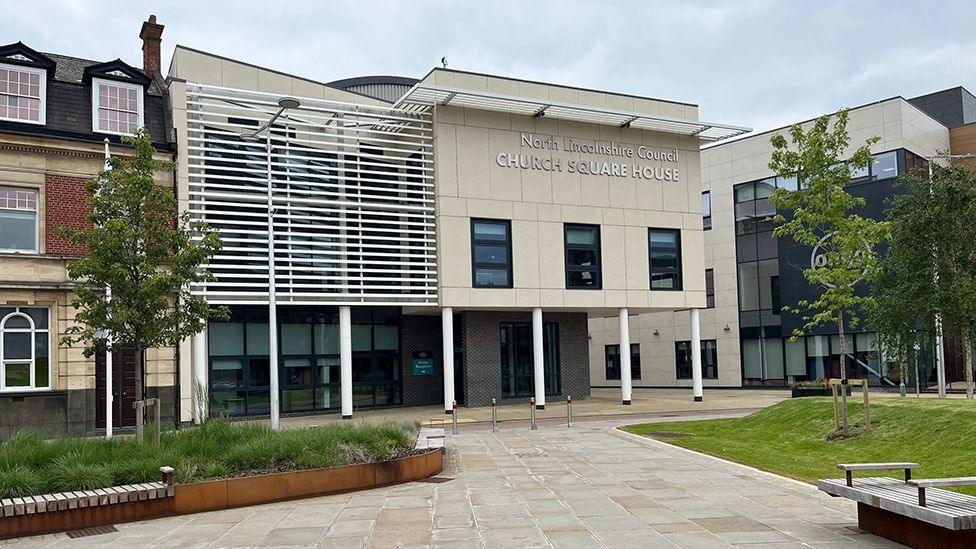
- Published21 May 2024
